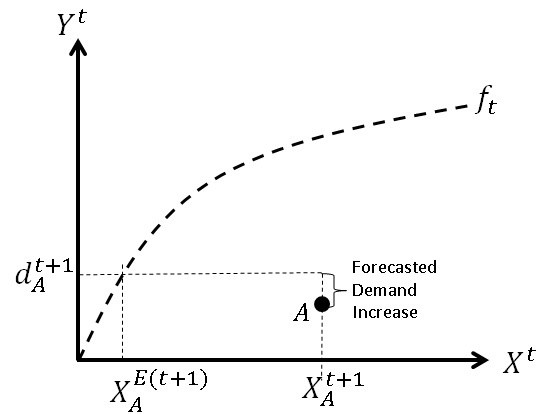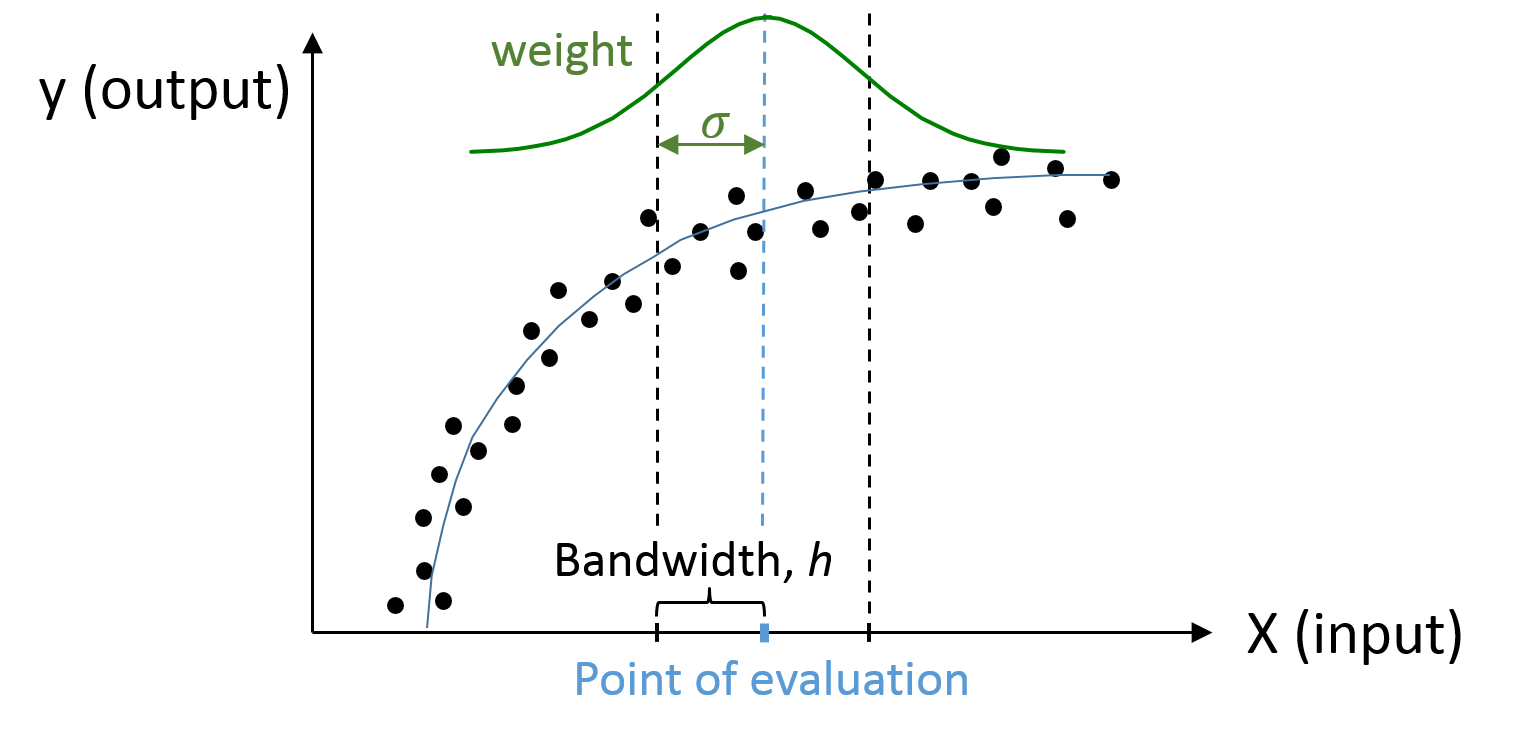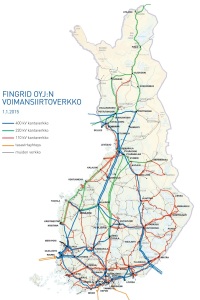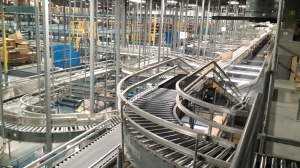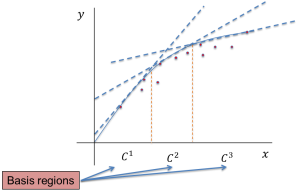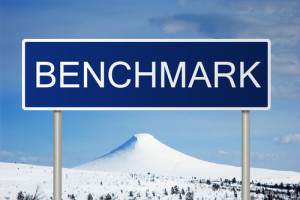
Establishment level manufacturing data are gathered from several countries around the world. These datasets are gathered by the Census Bureau of the respective countries and is an exhaustive Census of all establishments in some years. For example the U.S. Census Bureau performs a full Census of all manufacturing establishments in years ending in 2 and 7 and performs a survey sampling only 15 percent of establishments in other years.
This talk will be structured around three topics regarding census manufacturing datasets. First we will describe model development, estimation, and data challenges related to analyzing these datasets. Second, we propose a framework using the actual dataset to determine the best functional estimation method in contrast to the standard framework of Monte Carlo simulation. The results from our framework provide insights regarding the appropriate survey sizes needed in non-census years. Third, we will describe results from analyzing Japanese and Chilean data and will discuss future questions to investigate for these and other countries.

